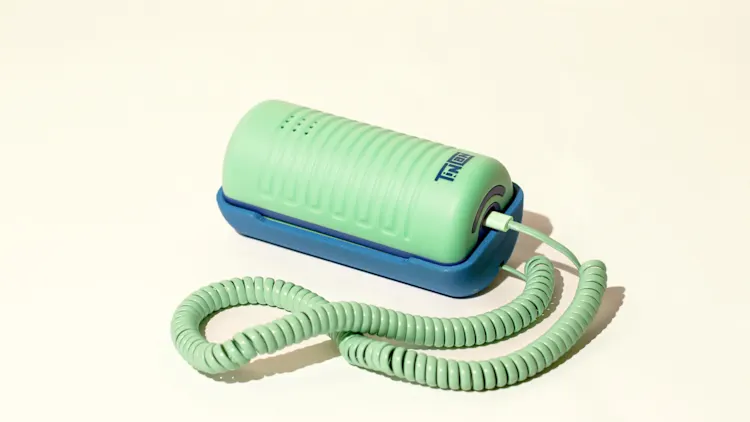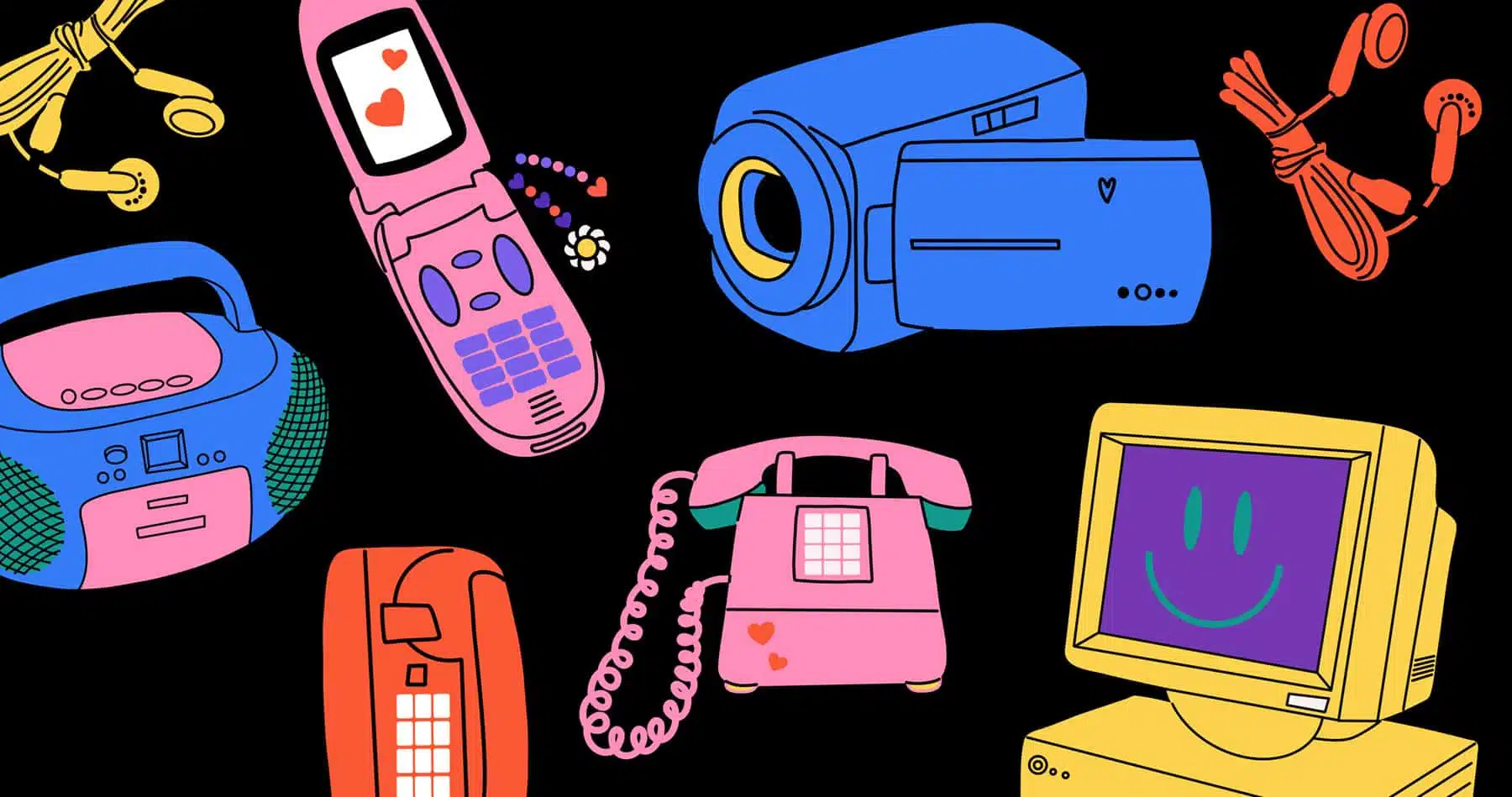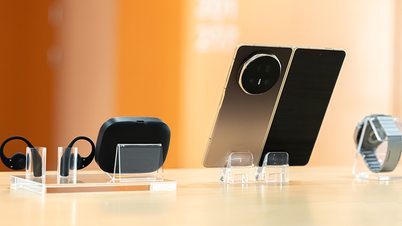 |
Landline phones are making a strong comeback. Photo: MarketingDirecto . |
In a world increasingly dependent on smartphones and social media, early access to these devices by children is becoming a major concern. According to experts, children under 13 should not use smartphones or social media.
This decision brings anxiety and insecurity to parents, as they fear that their children will face social pressure, mental health problems and the risk of getting lost in the virtual world.
Faced with this reality, an unexpected solution has emerged: the traditional landline phone. Parents are "reviving" these devices as a safe means of communication, a middle ground between completely cutting off communication and allowing their children to be exposed to the potential dangers of social media.
The return of the desk phone is an interesting phenomenon, fueled by companies like Ooma, which caters to seniors, or Tin Can, which makes a Wi-Fi desk phone specifically for kids.
 |
Tin Can's retro-style desk phone. Photo: Tin Can. |
The idea for Tin Can came about when founder Chet Kittleson was talking to other parents with young children.
"I completely forgot that the landline was my communication tool as a child. We only remember it as a convenience for adults and forget that children also benefit greatly from this device," he told Seattle's Child .
This device works based on VoIP (Voice over Internet Protocol) technology, allowing it to be plugged directly into a router or ethernet port instead of a landline. Thanks to its wired design, parents can control the location of their children when making calls, and easily manage usage time through the accompanying application.
This is not just a passing fad, but a sign of a larger movement towards a slower, less tech-driven childhood, according to Titania Jordan, a child digital safety expert.
“A gradual and deliberate introduction to technology will protect children from the dangers and stresses of online life,” Ms. Jordan stressed.
Security is the number one reason many families are reintroducing landline phones. Ms. Jordan claims they are “99% safer” than smart devices because they don’t have apps, web browsers, or social networks.
 |
Like radios and analog cameras, desk phones are also on Gen-Z's list of nostalgic tech. Photo: Raleigh Magazine. |
Using a landline is not just a temporary solution, but also considered a long-term investment in the child's development. Ms. Jordan believes that this can be an important "stepping stone" before children have access to smartphones.
The return of the landline phone is not only appealing to children but also to young people. Similar to the nostalgia trend of cassette tapes or film cameras, the landline phone brings a different communication experience.
For Gen Z, it's a screenless medium that fosters authentic, emoji-free conversations that help build deeper relationships.
Despite the resurgence, landline phones are unlikely to replace smartphones. According to data from the US National Center for Health Statistics, the percentage of adults living in households without a landline phone increased from 44.2% at the end of 2014 to 78.7% in the second half of 2024.
Source: https://znews.vn/dien-thoai-ban-dang-tro-lai-vi-ly-do-bat-ngo-post1585932.html







![[Photo] Closing of the 1st Congress of Party Delegates of Central Party Agencies](https://vphoto.vietnam.vn/thumb/1200x675/vietnam/resource/IMAGE/2025/9/24/b419f67738854f85bad6dbefa40f3040)




















![[Photo] Editor-in-Chief of Nhan Dan Newspaper Le Quoc Minh received the working delegation of Pasaxon Newspaper](https://vphoto.vietnam.vn/thumb/1200x675/vietnam/resource/IMAGE/2025/9/23/da79369d8d2849318c3fe8e792f4ce16)




































![[Photo] Solemn opening of the 1st Congress of Party Delegates of Central Party Agencies](https://vphoto.vietnam.vn/thumb/402x226/vietnam/resource/IMAGE/2025/9/24/82a89e250d4d43cbb6fcb312f21c5dd4)





























Comment (0)